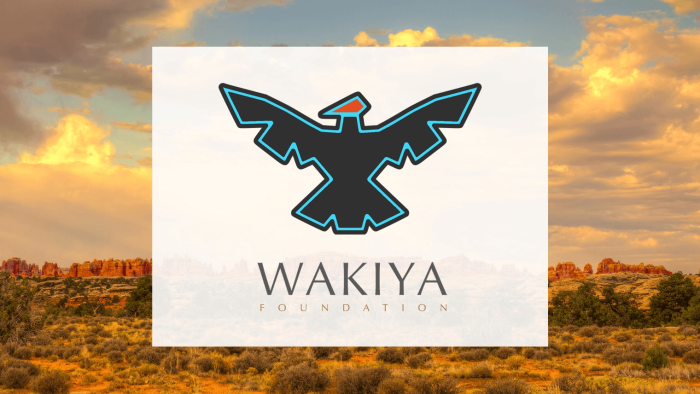
Q&A: Carolynn Lee Discusses How Social Finance Institute Could Help Improve Outcomes for Learners
Ascendium has long focused on identifying effective workforce training programs and models, validating their impact, and supporting their expansion and sustainability. We know, however, that this work doesn’t happen in a vacuum. To reach a future where more learners from low-income backgrounds have equitable access to high-quality postsecondary education and workforce training, changes must be made to policies, employer and industry practices, and even funding mechanisms from state and local governments. Our investment in Social Finance, particularly their Social Finance Institute, allows us and other stakeholders to learn more about sustainable and scalable strategies that effectively address barriers for learners who desire a good job and employers looking to grow their local workforce.
Here, Deputy Director of Education Grantmaking Carolynn Lee shares what excites her about Social Finance’s innovative work can lead to improved outcomes for learners from low-income backgrounds.
What is the Social Finance Institute, and what does it aim to accomplish?
The Social Finance Institute is a new initiative to increase learning and dissemination of critical insights from Social Finance’s decade of work to make postsecondary education and workforce training more accessible, affordable, and sustainable. The Institute also aims to generate new learning and collaboration among workforce and education leaders, policymakers, and researchers. It will focus on a few key activities, including applied research and creating publications that highlight promising proof points within the workforce development sector, convening communities of practice such as training providers focused on accessible and innovative financing models, and developing actionable tools and resources for the field.
You recently attended a launch event for the Institute. What topics were covered and what did you learn?
The convening was a prime example of the targeted thought leadership the Institute is designed to deliver to an audience of postsecondary education and workforce training leaders. Presentations and panel discussions zoomed in on public-private partnerships that drive upward mobility and innovative financial supports that ensure marginalized learners like Dreamers and undocumented students have equitable access to postsecondary education. There was also an update on the $100 million Google Career Certificates Fund (for which Social Finance is the Fund manager and supports the participation of Ascendium grant partners Merit America, Per Scholas, and YearUp).
The launch event concluded with a talk by Harvard economist Dr. Raj Chetty, who previewed an exciting new research partnership between his economic policy research shop, Opportunity Insights, and the Institute. The project aligns closely with Ascendium’s interest in building additional evidence about the economic impact of high-quality workforce training on the lives of learners from low-income backgrounds. We are excited that this will be one of the first major projects the Institute undertakes.
What else excites you about the Social Finance Institute, and more broadly, our investment in Social Finance to explore innovative financing models for workforce training pathways?
I’m eager to get into the weeds with the Social Finance team as they explore new areas in which their expertise might be applied. For example, with co-funding from the Truist Foundation, Social Finance will explore how rural talent and workforce development efforts could be enhanced through learner-centered practices like the pay-it-forward or outcomes-based funding models Social Finance has piloted in numerous regions and states. This exploratory work will center the assets and challenges rural communities experience as they seek to develop and fill jobs that offer family-sustaining wages and build a sustainable and diverse rural economy.
I’m also excited about the exploration we’re supporting related to the financial accessibility of pre-apprenticeships and how the pipeline from pre-apprenticeship to apprenticeship (and ultimately to thriving wage careers) can be strengthened. Finally, the Social Finance Institute is an exciting opportunity for Ascendium to connect with so many crucial decision-makers, funders, and leaders in the workforce development space who aim to increase upward mobility for learners and workers who might be left out of “traditional” — and often inaccessible and ineffective — postsecondary education and workforce training systems. The goals of the Institute also mirror our own goals as a funder pursuing scaled impact. By building evidence and then strategically engaging decision-makers in understanding what works and under what conditions, the Institute is poised to catalyze systemic change at a larger scale.


